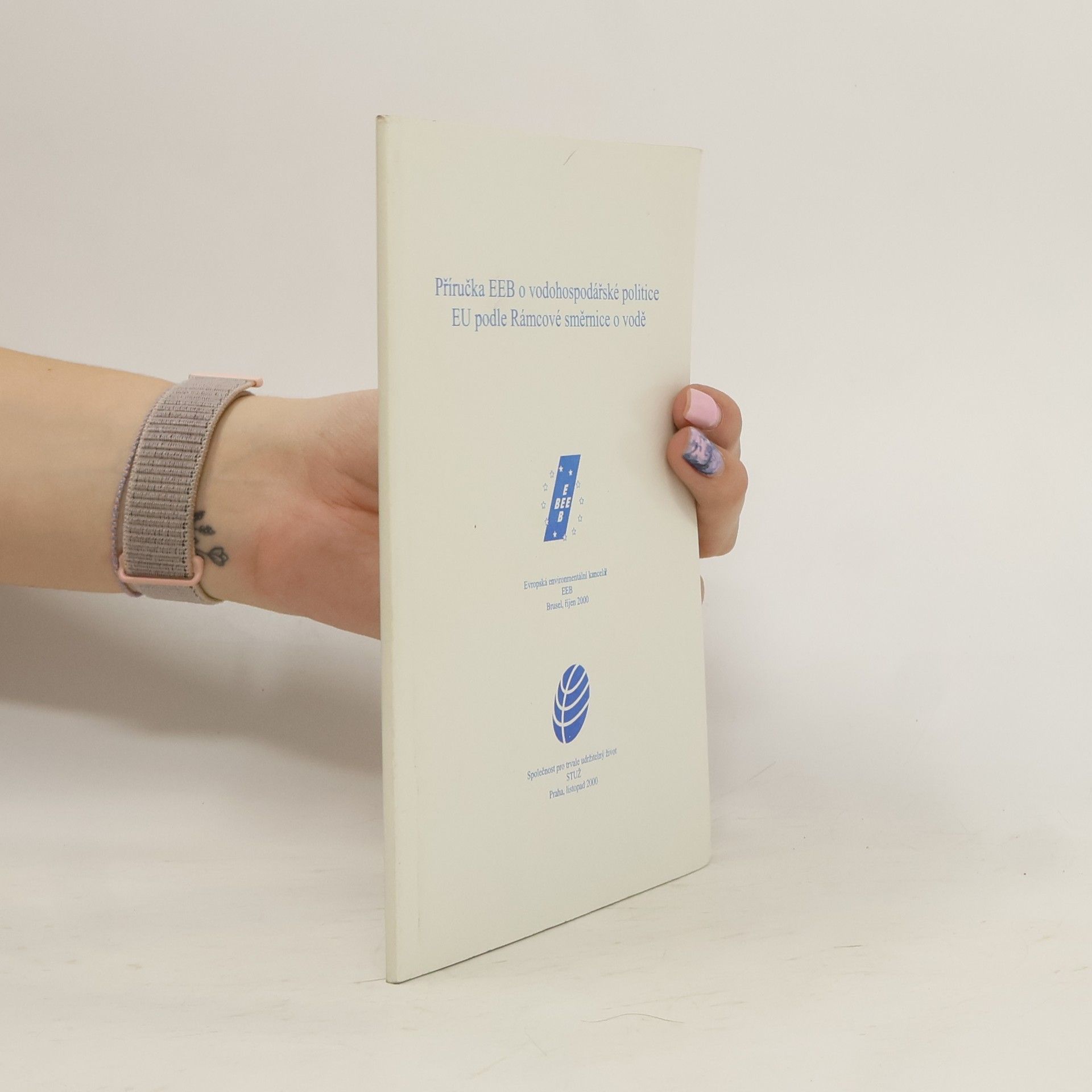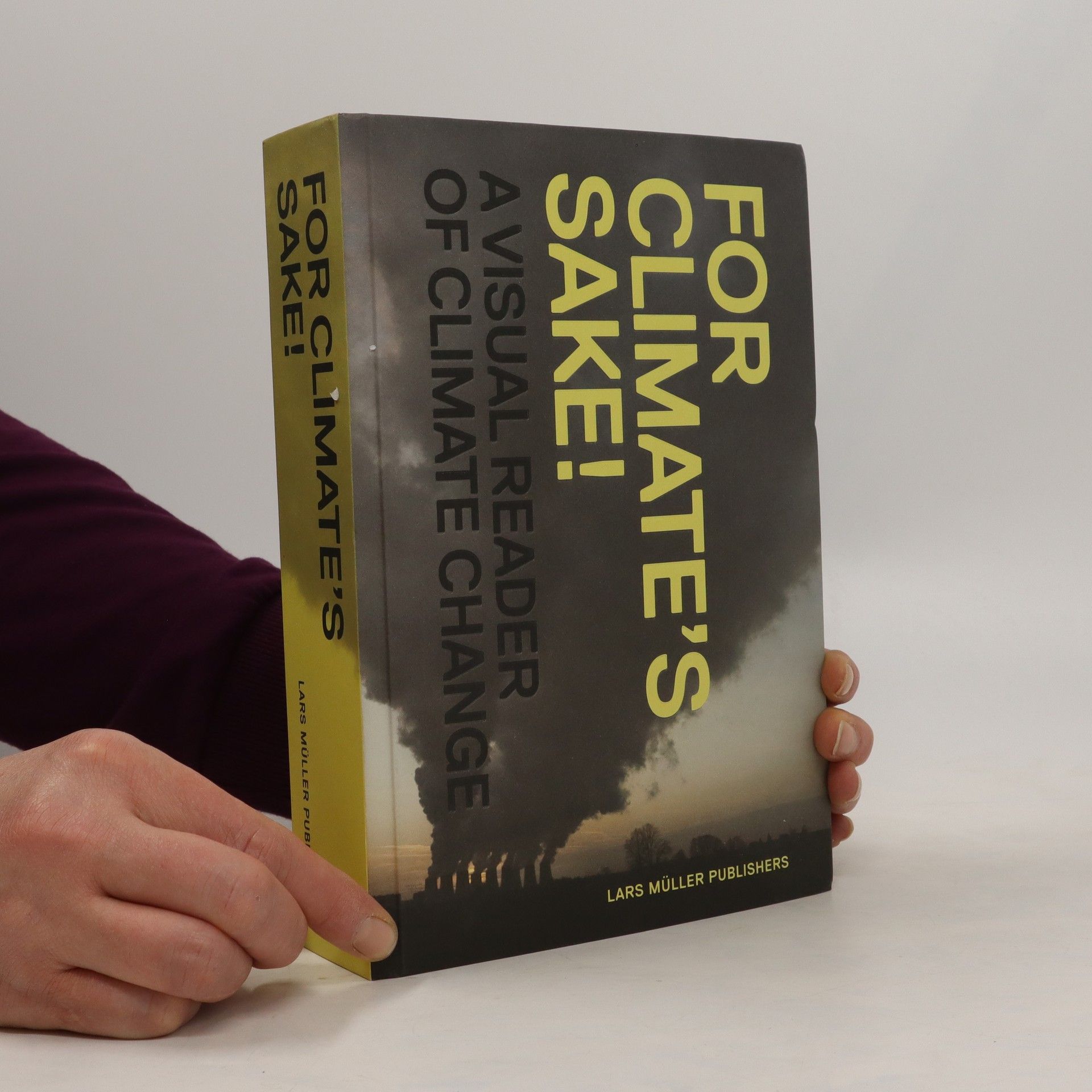For Climate's Sake!
A Visual Reader of Climate Change
For Climate's Sake! investigates our planet's complex climate system and presents the most up-to-date findings of climate research in scientifically sound yet understandable language. It describes the intricate negotiations behind international attempts to find common ground in climate policy. Knowing the facts and their contexts is the prerequisite for awareness of the problems ahead and for shaping our opinions. This book offers the reader insight into Earth's climate history and identifies the factors responsible for climate change.


